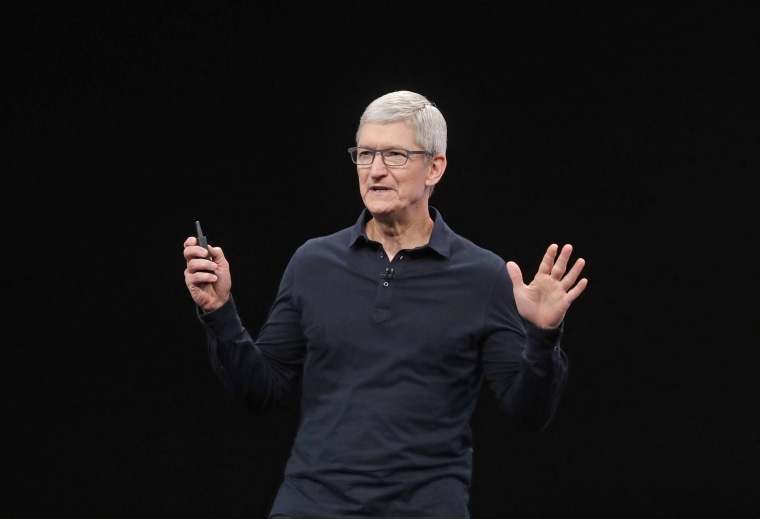Apple has agreed to buy the majority of Intel’s smartphone modem division, both companies announced on Thursday.
Intel was up more than 5% in after-hours trading. Apple stock was flat on the announcement.
2,200 Intel employees are joining Apple, according to the announcement. Apple paid $1 billion for employees, intellectual property, and other equipment from Intel. The deal is expected to close in the fourth quarter.
“This agreement enables us to focus on developing technology for the 5G network while retaining critical intellectual property and modem technology that our team has created,” said Intel CEO Bob Swan in a statement.
Apple currently purchases Intel modems for iPhones, which allow it to connect to networks operated by carriers such as Verizon and AT&T. But in April, Intel announced that it planned to leave the smartphone modem market because Intel had “no clear path to profitability and positive returns,” Swan said at the time.
Apple was Intel’s only modem customer.
As part of the deal, Intel will be able to develop modems for devices that aren’t smartphones, the companies said, including PCs and autonomous vehicles, the companies said.
Long-term horizon
Apple will buy modem chips from Qualcomm in the near-term. Earlier this year, as part of a settlement over patent licensing, Apple agreed to buy Qualcomm chipsets for “multiple” years, suggesting that Qualcomm will provide modem chips for future iPhones, including future versions that may support 5G networks.
Apple is widely believed to be building its own 5G chipset, according to media reports and job listings. The intellectual property it receives from Intel will be critical to that effort, analysts say.
“Apple does realize it’s not another chip — it’s strategic intellectual property in a connected device,” said Prakash Sangam, founder of Tantra Analyst, a research and advisory firm, previously told CNBC. “This is one of the key strategic pieces of IP they don’t have, and it makes sense to own it.”
“For Cupertino this would be a clear ‘doubling down’ on 5G which remains at the centerpiece of the company’s smartphone future with these chip assets giving Apple further control over its supply chain and core chip design,” Wedbush analyst Dan Ives wrote in a note on Monday.
Apple now owns 17,000 wireless technology patents, when the recent Intel purchases are included, it said on Thursday.
“Apple is excited to have so many excellent engineers join our growing cellular technologies group,” Apple Senior Vice President of Hardware Technologies Johny Srouji said in a statement. “They, together with our significant acquisition of innovative IP, will help expedite our development on future products and allow Apple to further differentiate moving forward.”
